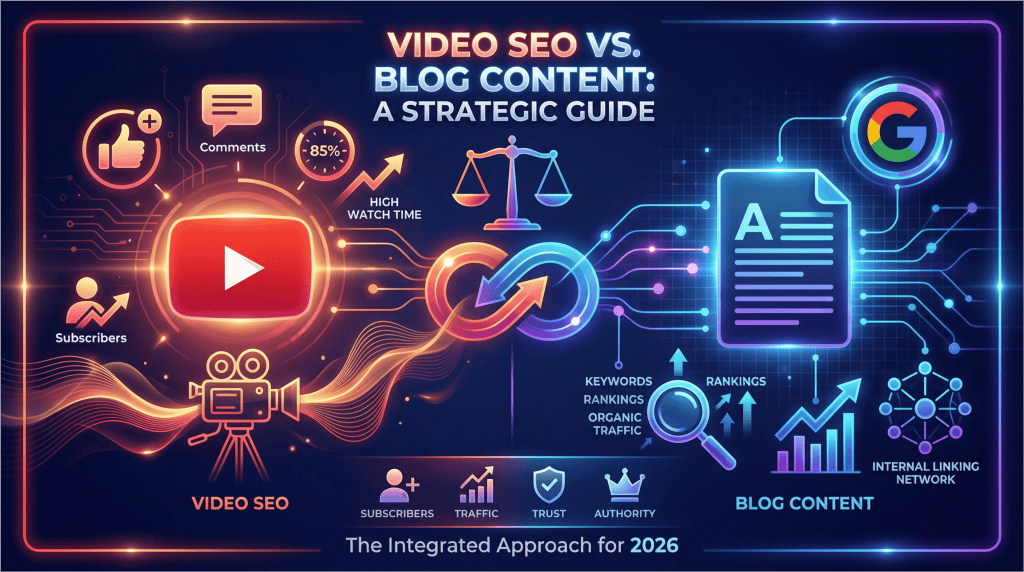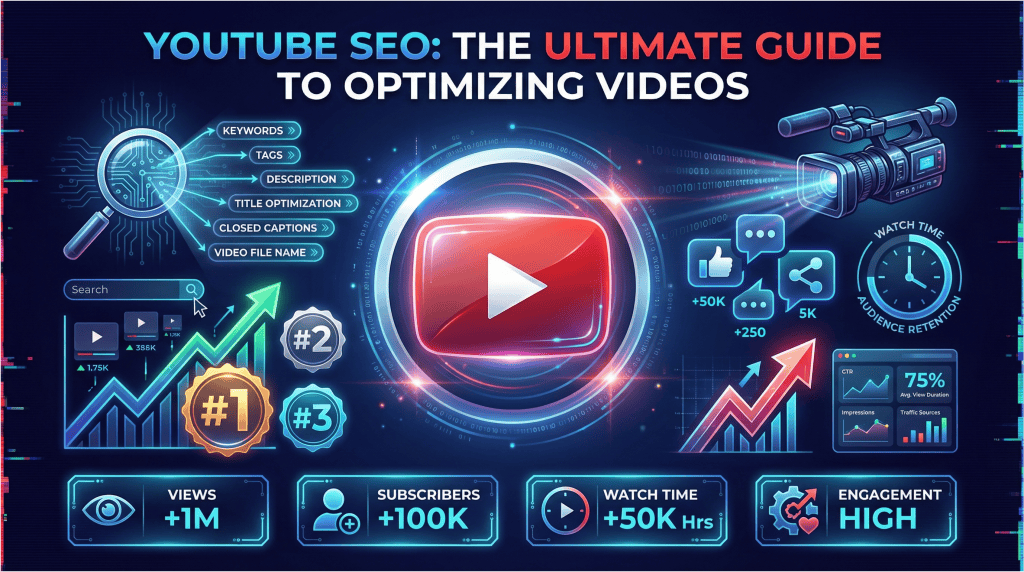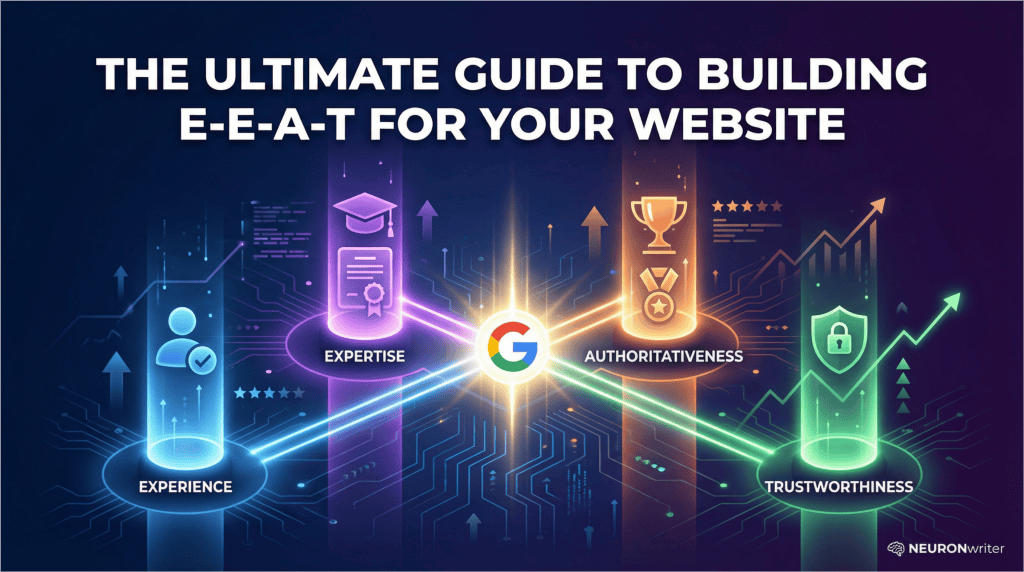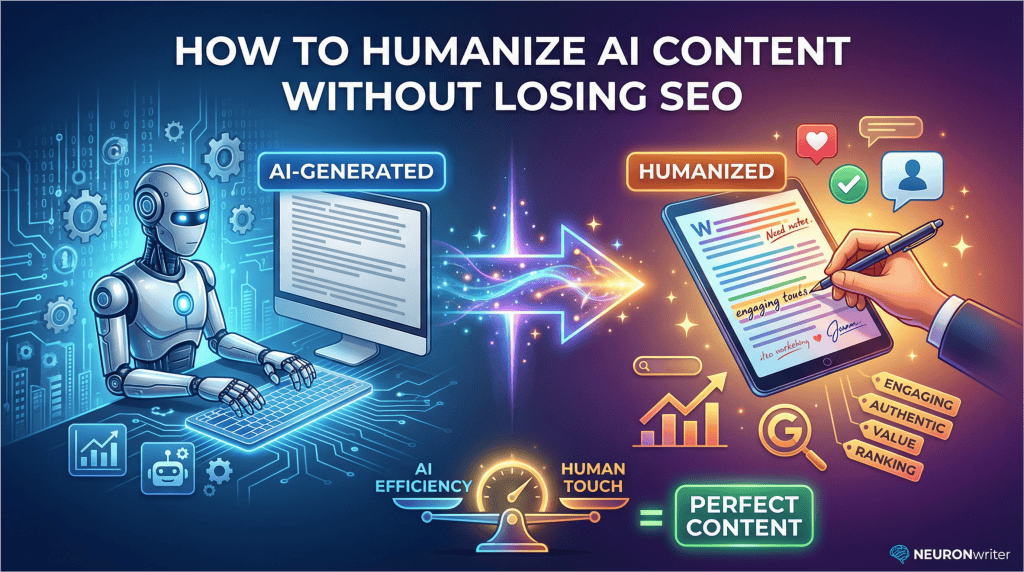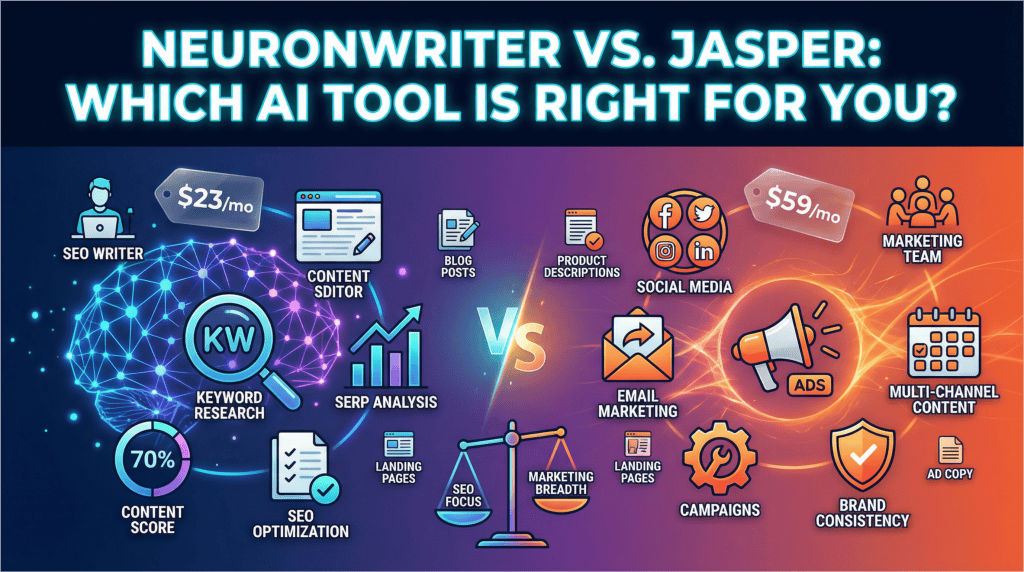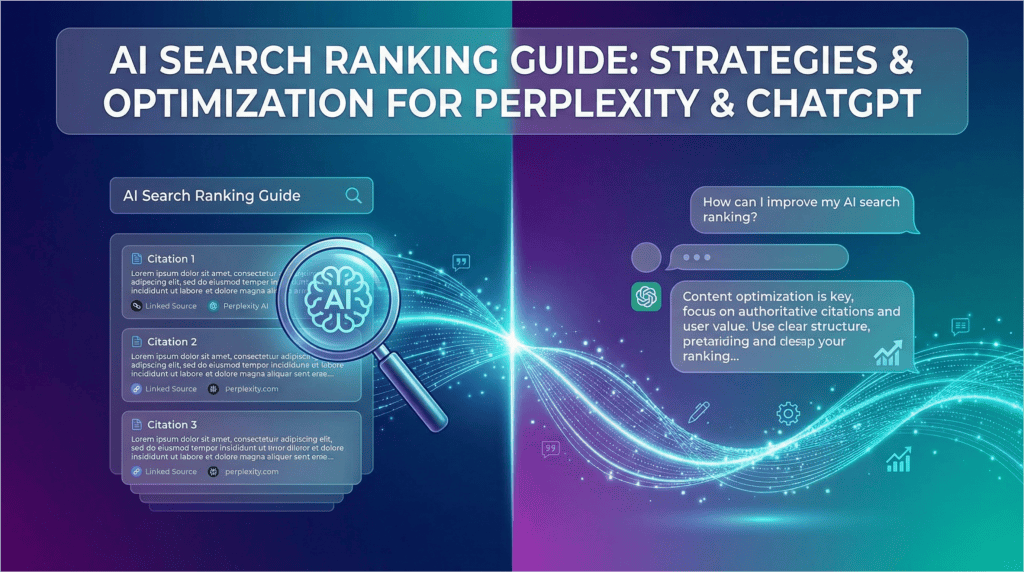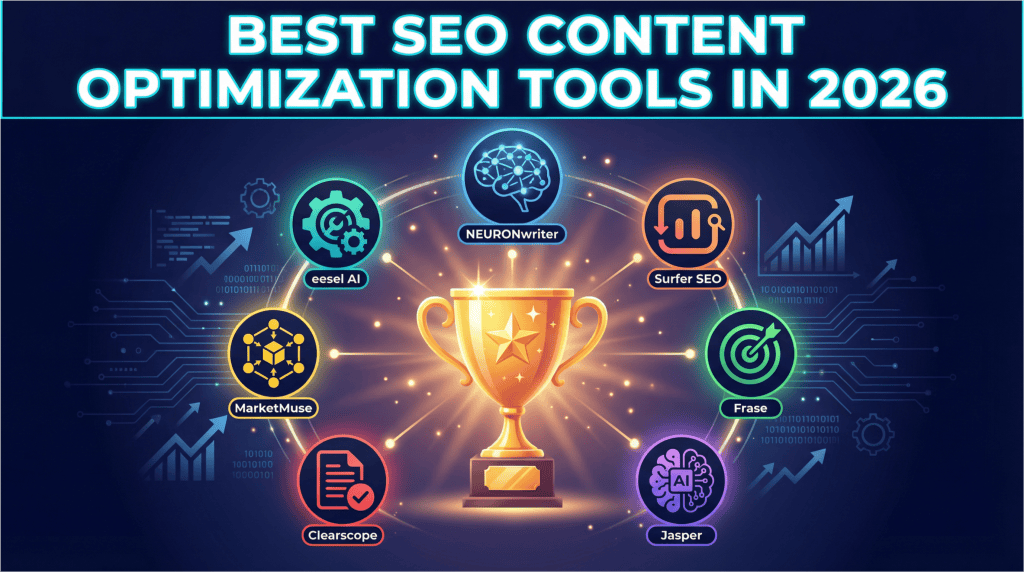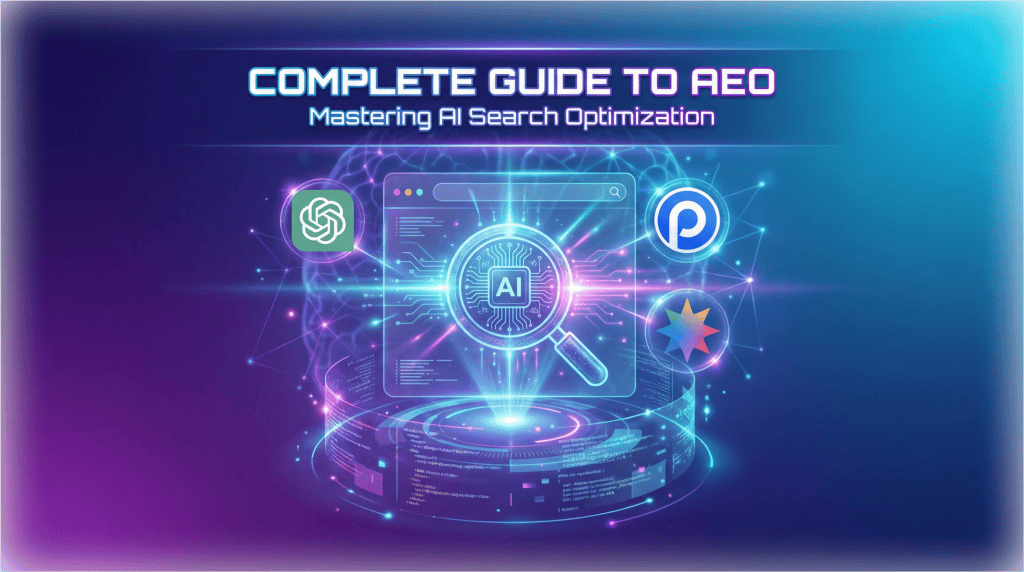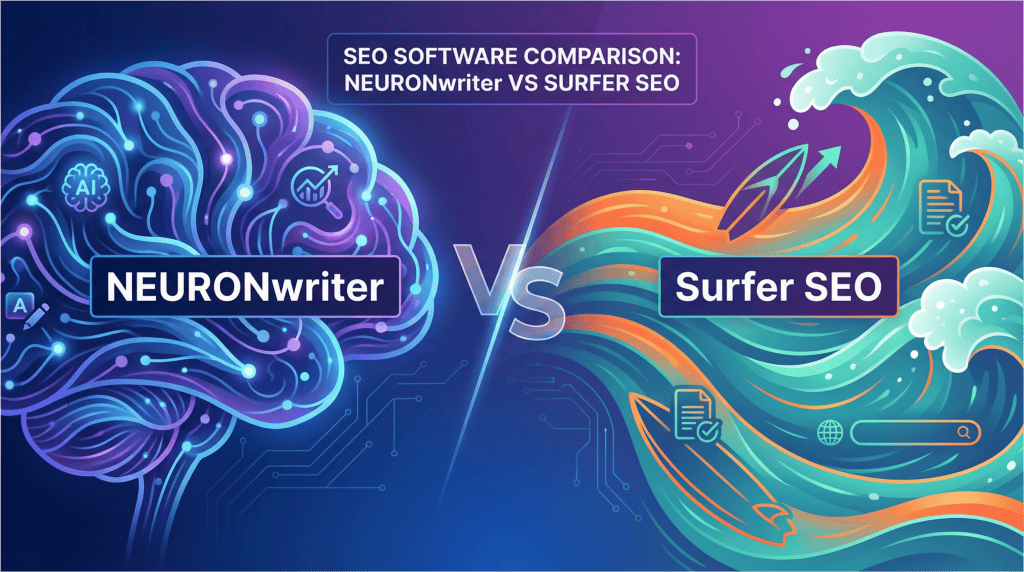For years, content marketers have debated the merits of video versus blog content. Which format drives more traffic? Which builds more trust? Which delivers a better ROI? In 2026, this debate is no longer about choosing one over the other. The most successful content strategies don’t treat video and blogs as competitors, but as two […]
YouTube SEO: The Ultimate Guide to Optimizing Videos (2026)
In 2026, YouTube is not just a video-sharing platform; it’s the second-largest search engine in the world, with over 2.5 billion monthly active users While Google remains the king of search, YouTube has carved out a unique space where visual content reigns supreme. For businesses and content creators, this presents a massive opportunity to reach […]
The Ultimate Guide to Building E-E-A-T for Your Website.
In the ever-changing world of SEO, one principle has emerged as the ultimate compass for lasting success: E-E-A-T — Experience, Expertise, Authoritativeness, and Trustworthiness. Today, E-E-A-T isn’t just a niche tactic; it’s the backbone of a full-fledged brand strategy that stretches beyond your website to AI-driven search and social media. This guide dives into what […]
How to Humanize AI Content (Without Losing SEO)
AI writing tools are highly effective, but they have one significant drawback — they often sound too formulaic and impersonal. As Google increasingly prioritizes helpful, people-first content, publishing raw AI-generated text is a quick path to poor performance. Your content needs to sound natural. “Humanizing” your content isn’t about bypassing AI detectors. It’s about something […]
NEURONwriter vs. Jasper (2026): Which AI Tool is Right for You?
Choosing the right AI tool for your marketing team can be confusing. Two names that frequently come up are NEURONwriter and Jasper, but they are built for fundamentally different purposes. One is a precision tool for SEO content, while the other is a broad platform for multi-channel marketing automation. This guide will break down the […]
How to Rank in Perplexity and Get Cited by ChatGPT: The Ultimate Playbook
Ranking #1 on Google is only half the battle. If your content isn’t being cited directly by AI search engines like Perplexity and ChatGPT, you are effectively invisible to a large and rapidly growing portion of your audience. The game has changed. The goal is no longer just to appear on a list of blue […]
The Best SEO Content Optimization Tools in 2026: A Complete Comparison.
By 2026, SEO looks almost nothing like it did a few years ago. AI-powered search, led by platforms like Perplexity and Google AI Overviews, has flipped the rules. Ranking on a page of blue links isn’t enough anymore—getting cited directly in AI-generated answers is the new benchmark. This shift, often called AI Search Optimization (AEO) […]
The Complete Guide to AI Search Optimization (AEO).
Search is no longer just a list of ten blue links. It’s a conversation. In 2026, winning at search means being the trusted source cited in a well-reasoned, AI-generated answer. Welcome to the new frontier: AI Search Optimization (AEO). If you’re still focused solely on traditional SEO, you’re missing a critical piece of the puzzle. […]
NEURONwriter vs. Surfer SEO: A Complete Comparison for Content Creators in 2026
SEO is no longer just a game of ranking in traditional search results. With the rise of AI-powered search experiences like Perplexity and Google AI Overviews, the way content is discovered is fundamentally changing. Today, it’s not only about whether your content appears, but also how it’s interpreted, summarized, and reused by AI systems. This […]
Leveraging the NLP Term Database to Uncover Information Gaps: Your Complete NEURONwriter Tutorial
The NLP (Natural Language Processing) term database in NEURONwriter is a set of intelligent semantic clues that tell you exactly which concepts Google’s algorithms and your readers expect to see for a piece of content to be considered “exhaustive.” By using it, you can precisely identify information gaps—topics and angles your competitors have overlooked. Filling […]

